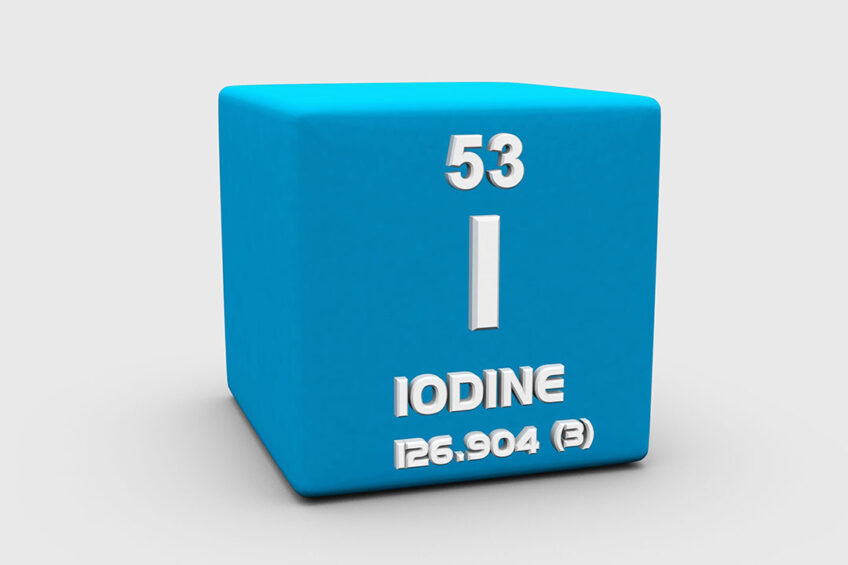Using essential oil waste to create iodine-enriched food

A group of Russian scientists have proposed feeding rabbits waste from essential oil production in order to get livestock products heavily enriched with iodine
Scientists from the Research Institute of Agriculture of Crimea said that they have taken 2 years to breed a new line of rabbits suitable to produce meat enriched with iodine. Over the past few years, they also analysed various means of iodine administration, with priority eventually given to organic iodine.
Iodine-enriched food in demand
“The problem of iodine saturation of livestock products for residents of most regions of our country requires a detailed study,” the scientists said.
“In the Crimea, as in many other regions of Russia, there is a lack of iodine [in daily consumption]. This microelement is necessary for the endocrine system and takes part in many processes that occur in the human body,” explained Elizaveta Dunaeva, deputy director of the Crimean Institute.
Dunaeva said that livestock companies, striving to produce environmentally friendly and healthy products, would express interest in the new feeding method.
First trials are successful
During a field trial, the scientists added cake from the processing of black cumin, oregano, and savoury, which are all rich in iodine to the diet of rabbits. This cake is a residue obtained during the extraction of essential oils.
“In a short time, the rabbit meat was saturated with iodine at the level of 4-4.1 mg per kg of meat. In the first month of the experiment, this figure reached 8 mg, in the second or third month it reached 14 mg,” commented Vladimir Pashtetsky, one of the authors of the study.
“The amount of useful and easily digestible iodine in rabbit meat increased by 4 times (compared to controls),” Pashtetsky estimated, not providing any additional details about the study.
In addition to rabbit meat, the scientists also intended to try feeding iodine feed additives to poultry and sheep.
Weight gains
In an earlier study, the Crimean scientists discovered that adding iodine to the rabbits’ diet improved weight gains.
The scientists reported that at the end of the growth cycle:
the slaughter weight in the experimental group increased by 12.2 %,
the mass of internal organs responsible for digestion by 4.5–43.8 %.
muscle tissue during boning increased by 10.0–15.9 %
a decrease in the proportion of low-value parts in the carcass-bone tissue by 8.6–9.9 %
Commercial production is planned
The Crimean Institute plans to proceed with the commercial production of iodine-enriched rabbit meat. It is expected to be used for therapy for iodine deficiency diseases in sanatoriums and children’s camps across the Crimean peninsula, the scientists said.







